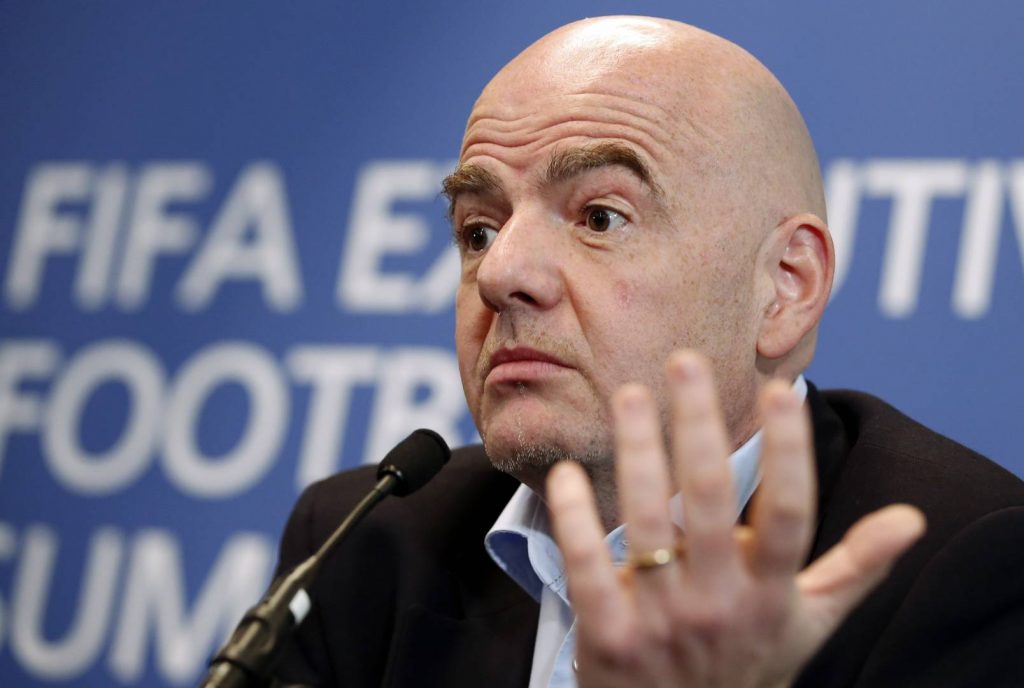Why sports leaders must learn from each other’s problems to restore integrity – opinion
June 21, 2017
An odd phenomenon has taken root in sports governance and it has replicated time and time again. The leaders of the majority of sports have taken a historical view that the challenges facing other sports are not their problem.
This is an entirely understandable approach to headwinds and happens in all walks of life but it does sport a disservice.
Take for example the recent stories surrounding child abuse in grassroots and academy football in Britain.
The press coverage has been unforgiving (rightly so) and the police are actively investigating a number of institutions to see if this could have been happening on a more widespread scale.
Other sports have been conspicuous by their absence, but don’t be fooled. Where the opportunity existed in football for such heinous crimes to take place with the abuse of authority, so it existed in other sports. Rugby and cricket will not be immune, given the very nature of their scale as the other major sports in Britain.
Fortunately, that is not an issue that comes along very often.
Doping
A more common one deals with drug use in sport. The issue has typically been characterised as one that impacts sports such as cycling, athletics and, of course, weightlifting. Those sports have all had high impact disclosures of drug taking and bans being implemented but don’t expect those to be the only sports impacted.
It is hard to directly correlate the impact of doping in one sport on another. In the athletics world, we would no doubt be saddened if it was revealed Usain Bolt had taken drugs but it’s unlikely anyone would be overly surprised.

The same goes for cycling. Considering the history of cycling all the way back to its first emergence, when cocaine was allegedly the PED of choice, it would hardly therefore be a shock if evidence emerged that the rules had again been broken with some new previously unheard drug cocktail being used.
The negative impact that the various drug headlines have created means there is an inherent suspicion that elite athletes are using drugs. Over the long term this can have a meaningful negative impact on the popularity and hence the value of those sports.
It does not mean that there wouldn’t be a role for sports still – look at how the WWE has exploited the ability to straddle the theatre, entertainment and sport verticals – just that the veneer of human excellence and some of the allure will rub off unless all sports do something more meaningful.
#RAW #TagTeamChampions @WWECesaro and @WWESheamus attempt to set THE BAR in the tag team division night in and night out… pic.twitter.com/BkvNQVJadd
— WWE (@WWE) June 21, 2017
It seems incongruous that suspicions wouldn’t be held over other sports. Take professional rugby, a sport that has had very limited suspensions for positive tests at the elite level in sports. Simply look at the size, shape and speed of the players today and the velocity and power of the tackles followed by the need for recovery.
It would not be entirely unsurprising therefore if a story were to break there. Yet, if that did happen there would likely be a lot of wise heads nodding in affirmation.
It could happen in football as well. Given the vast sums of money in football available to players, could you believe that some players trying to make the big time and go from earning £5,000-a-week to £100,000-a-week might just be tempted to use something to enhance their performance? Of course.
So rather than looking at other sports and smiling wryly about their “bigger” issues, those that run their respective sports need to look at themselves collectively and consider what they could be doing to protect the image of sport as a whole. The issues around grassroots abuse, drugs, gambling, bribery and so on are manifold.
The future
As was stated to me not very long ago, the problem FIFA has now is that to people over 30 they are viewed as a corrupt organisation whose President and Secretary General were kicked out, and to those under 30 they are simply seen as a computer game.
So where does the governing body of sport go to next?
It’s clear that the overall corporate governance of sport needs to improve. Revenue generation and governance should probably not be a part of the same organisation, drug testing should be entirely independent and properly funded – the miniscule funding from sports themselves is shocking as is the dependence on government funding for anti-doping.
Further data integration and systematic audit trails should be in place to detect betting habits and potential issues – including further legalisation of gambling around the world to better implement these safeguards.
If there is not a clear governance and integrity agenda and the current see no evil, hear no evil, speak no evil strategy continues then there will be not a lot to fall back on to uphold the very fabric of professional and competitive sports.
Do you want to contribute to iSportconnect and get your voice heard? Click here to contact us!



